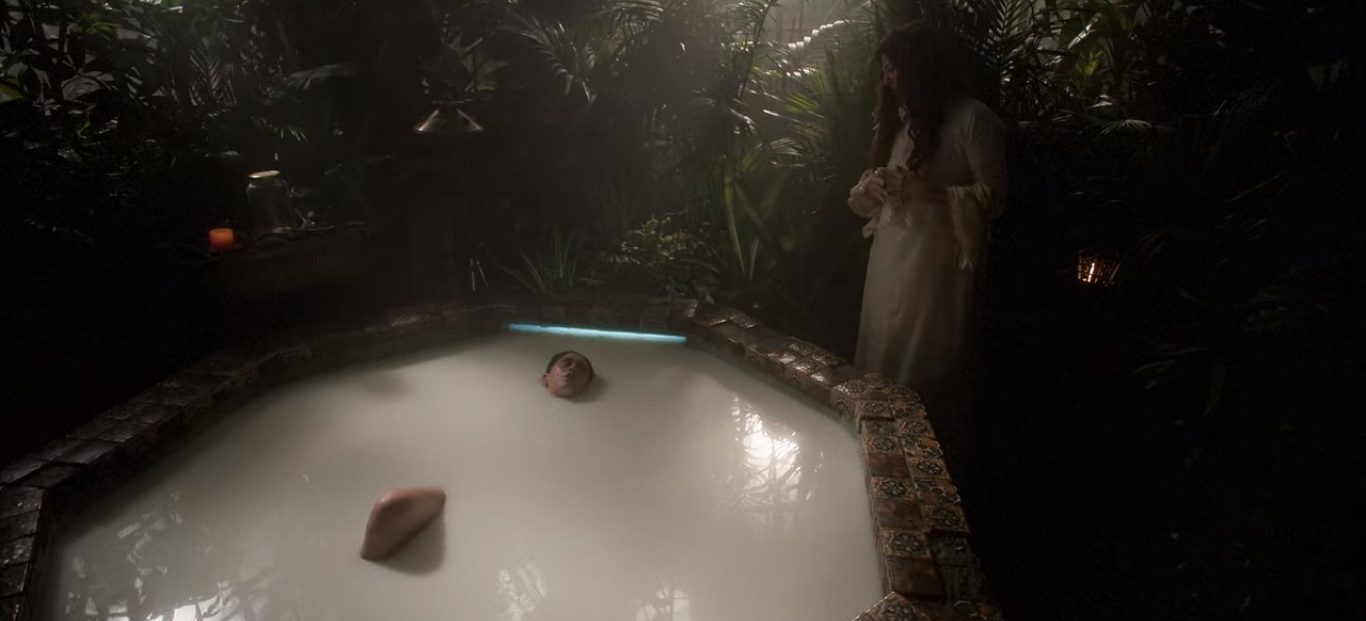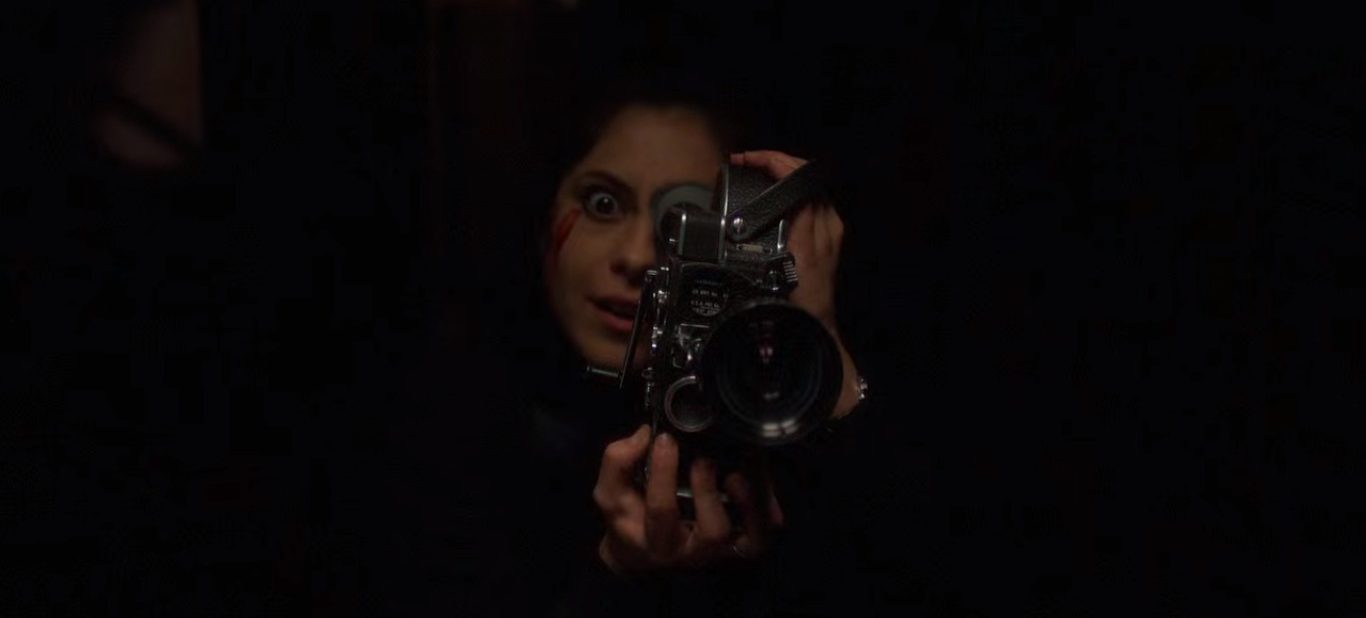Netflix’s ‘Brand New Cherry Flavor’ follows the twisted story of Lisa Nova, a budding director who comes to Hollywood, only to have her masterpiece stolen by a wealthy producer. As revenge, she hires the services of a mysterious shamanic witch who takes the unsuspecting heroine down a chaotic path of drug-induced dark magic.
The show’s story is unapologetically surreal and is made even more entertaining because it is set amidst the darker side of Tinseltown. Zombies, regurgitated kittens, and faceless entities notwithstanding, we wanted to examine whether some of the more realistic aspects of ‘Brand New Cherry Flavor’ might be based on a true story. Here’s what we found out.
Is Brand New Cherry Flavor a True Story?
No, ‘Brand New Cherry Flavor’ is not based on a true story. The show is based on the 1996 novel of the same name by Todd Grimson and created for screen by Nick Antosca and Lenore Zion. The author of the show’s sourcebook, Todd Grimson, was partly inspired by the vivid dreams he began to experience after he reportedly became housebound due to an incurable, degenerative disease (multiple sclerosis).
The surreal world of ‘Brand New Cherry Flavor’ stems from Grimson’s attempts to capture the “waking-dream” feeling in his writing. Having achieved the quality in his short stories, the horror writer now attempted to imbibe a long-form novel with the same feeling. Grimson used significant input from his vivid dreams in his novels ‘Brand New Cherry Flavor’ and the subsequent ‘Stainless,’ both of which are set in the seedy underbelly of Los Angeles. In fact, ‘Stainless,’ which became a cult classic of sorts, apparently originated in one of the author’s dreams.

The show subsequently based on Grimson’s novel stays true on many aspects of the sourcebook, including the 1990s time period and the surreal, dream-like state that the central characters often find themselves in. The vintage setting of the show is quite accurately depicted, despite not playing a significant role in the story arc. This includes various hoardings and magazine covers that can be glimpsed throughout the series. Some famous Hollywood personalities are also referred to, most notably the “kid” from ‘Sex, Lies and Videotape,’ which refers to the luminous Steven Soderbergh. The director achieved widespread fame for his breakthrough 1989 indie-drama ‘Sex, Lies and Videotape’ and is still a newcomer to the Hollywood elite in the show’s storyline. Similarly, Steven Spielberg also gets a name-drop.
The overarching theme of exploitation of women by misogynistic men that seemingly control Hollywood’s purse strings is also rampantly clear. Even the “benign” producer Alvin, who shows up in the closing scenes and offers to rescue Lisa’s project, seems to have a polite but distinct god complex. Though the theme is not overly focused on as Lisa’s own shortcomings and exploitative tendencies are made visible, it still helps bookend the story by initiating the central character’s hunt for revenge and closing with the near-destruction of the smooth-talking misogynistic Hollywood producer Lou.
To call ‘Brand New Cherry Flavor’ a fictional story would be an understatement. Inspired by dreams and made with the intention to feel surreal, the show (and its sourcebook) thrive in the grimy magical world they inhabit. The additions of minor details like the accurate time period and occasional references to real people only make the rest of the show seem all the more surreal. Therefore, ‘Brand New Cherry Flavor’ is most definitely not based on a true story, and maybe that’s a good thing.
Read More: Best Magic Realism Movies


You must be logged in to post a comment.